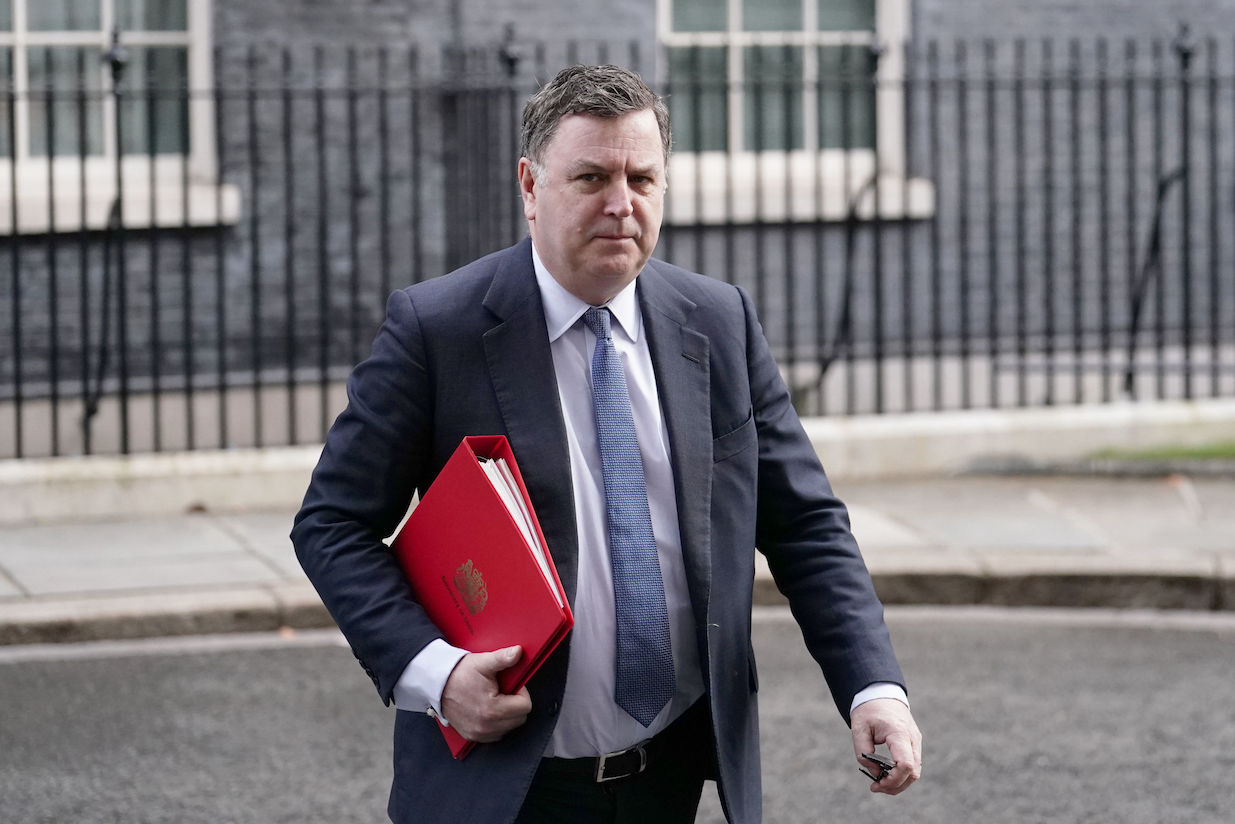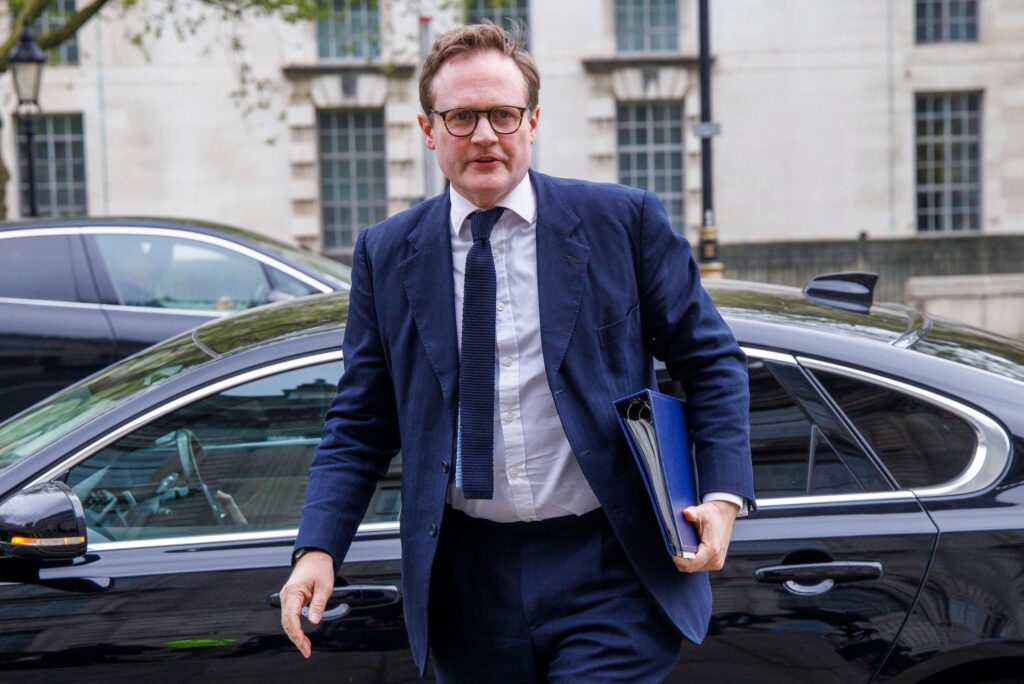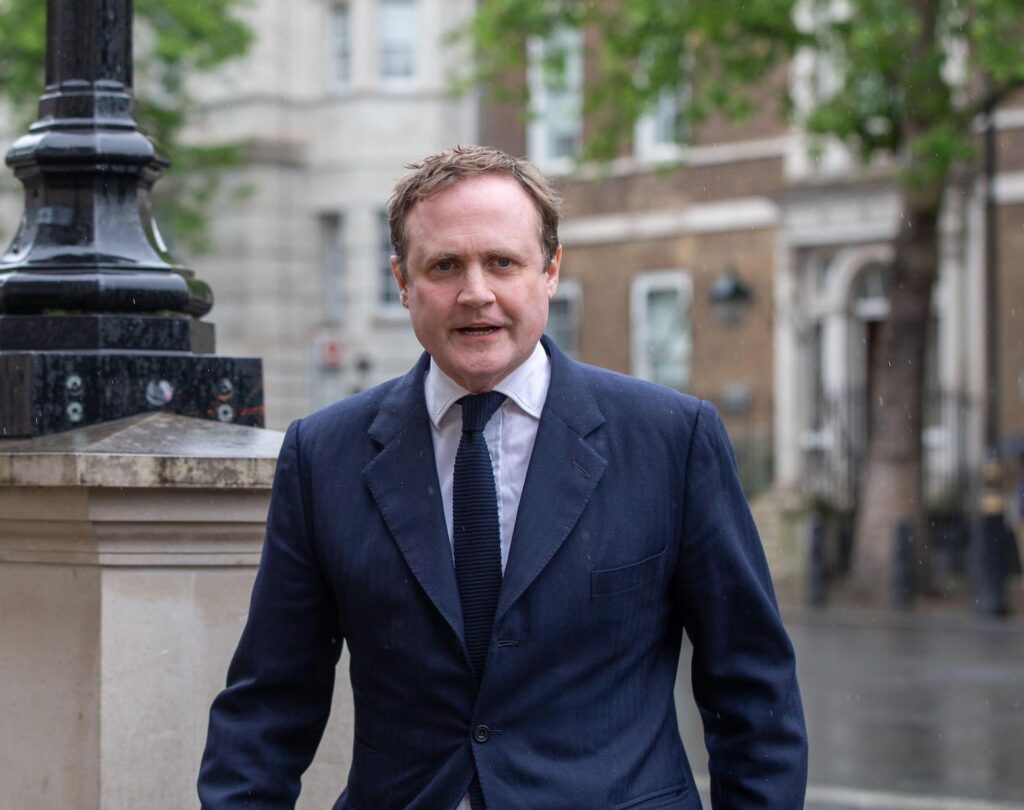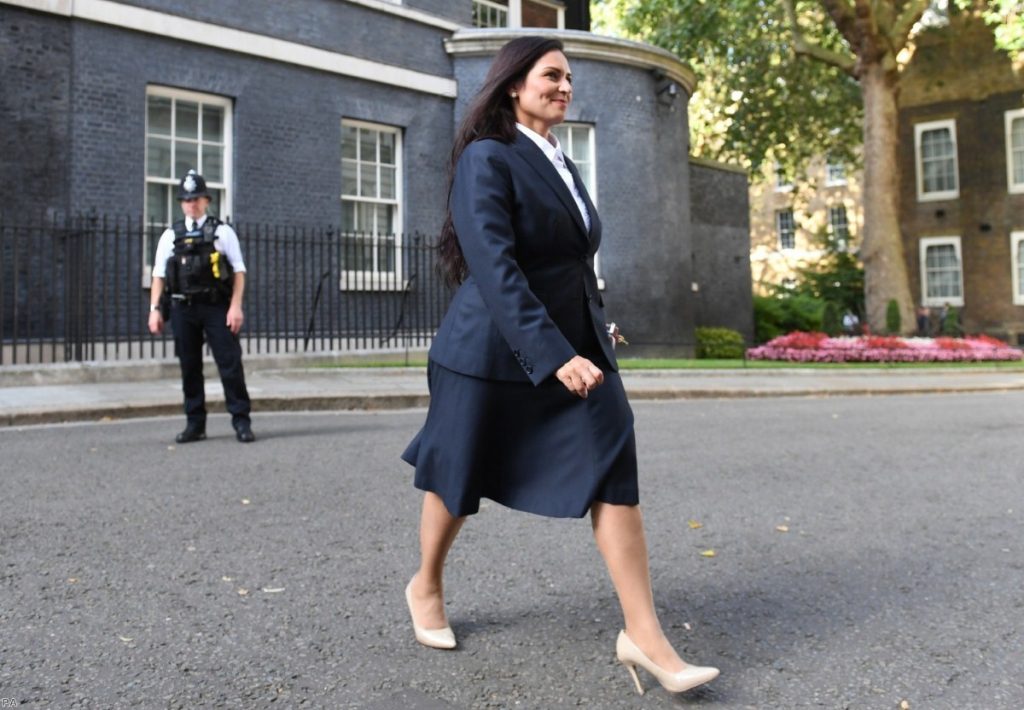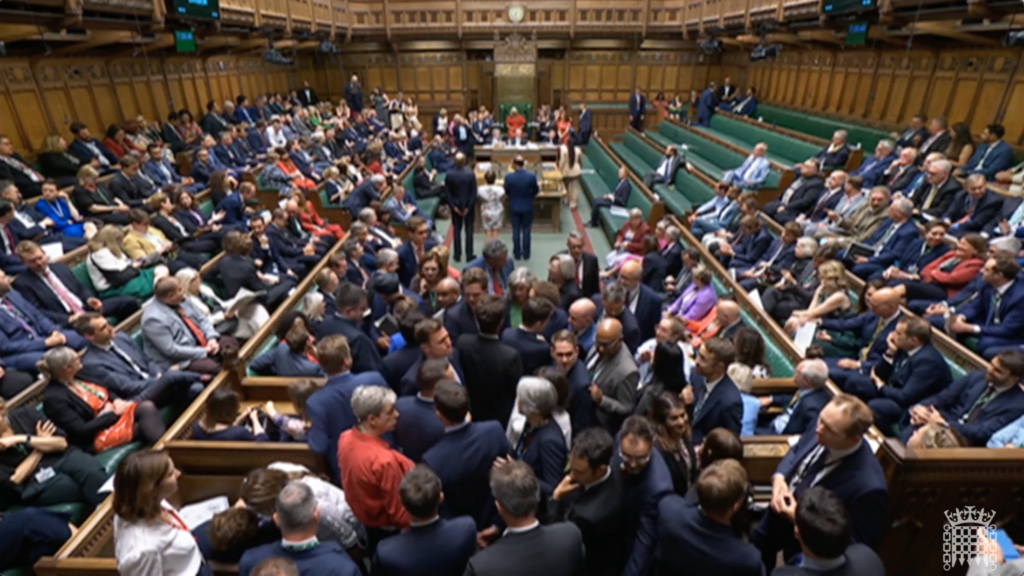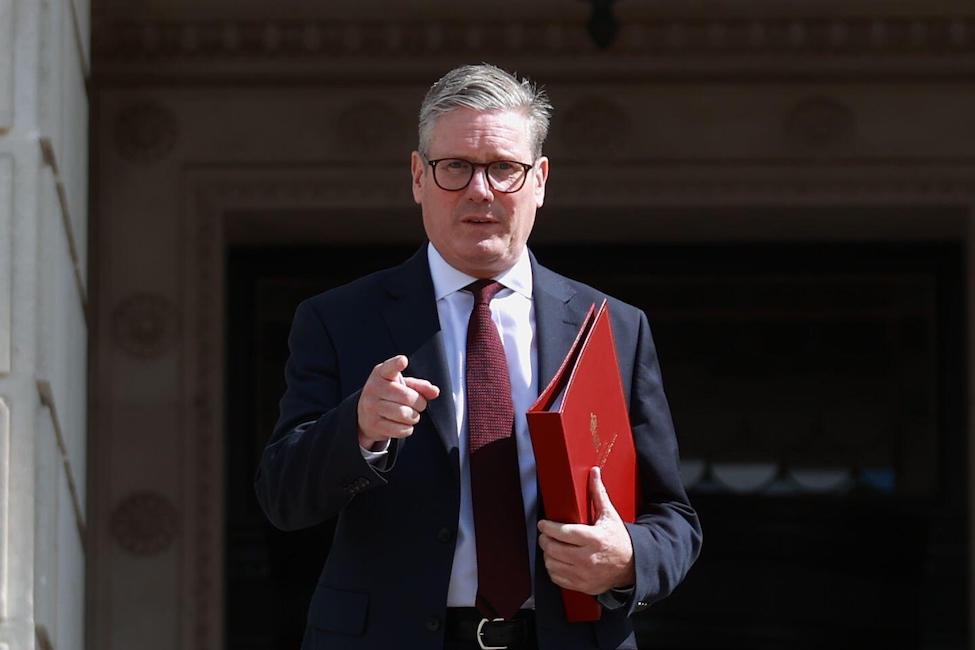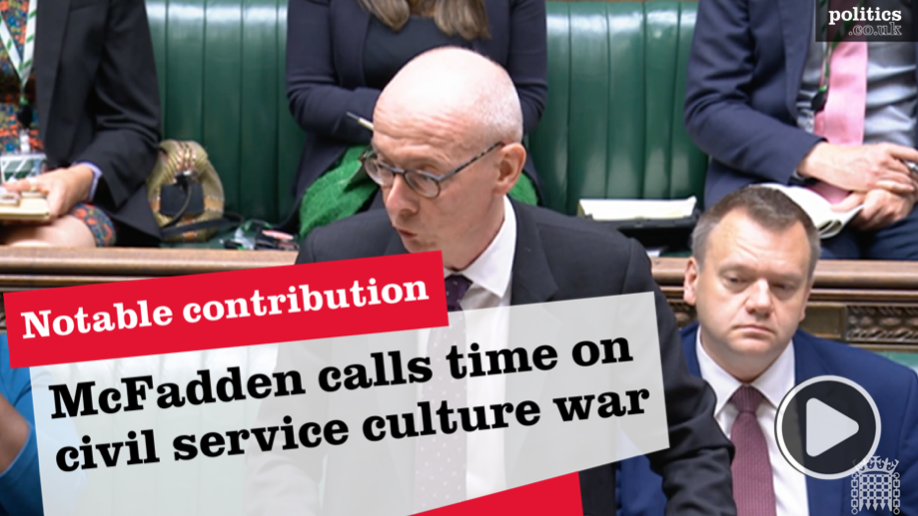The Office of Communications (Ofcom) is the independent regulatory body overseeing the ‘communications industry’, including the distinct areas of telecommunications, broadcasting and the postal service.
Ofcom complaints
A large part of Ofcom’s work is handling complaints:
Complaining to Ofcom over broadcasting
Ofcom has a statutory duty under the Communications Act 2003 to establish procedures for the handling and resolution of complaints from listeners and viewers about radio and television programmes broadcast on the platforms which it licences.
Ofcom also has a duty under the BBC Charter and Agreement to set procedures to handle and resolve complaints referred to it in relation to the BBC’s television, radio and on demand programmes.
Those wishing to make a complaint about a broadcaster in relation to content standards, fairness or privacy invasions can do so through the Ofcom website.
Ofcom’s annual report details how it received 34,545 complaints, relating to 7,289 separate issues (or cases), in the year 2019/20. Ofcom aims to respond to complaints within 15 days.
The regulator decided that 130 of those cases (relating to 3,622 complaints) raised substantive issues that warranted further investigation. Of the cases that Ofcom did actually investigate in 2019/20, it found that 79 involved breached of the Ofcom code.
Typically where Ofcom decides that a broadcaster has breached the Broadcasting Code or another Ofcom code, and it considers the breach to be serious, deliberate, or reckless, Ofcom can impose a statutory sanction on the broadcaster concerned.
Ofcom’s has a wide range of penalties at its disposal. These range from ordering that a particular programme or advertisement is not to be replayed; ordering that a correction or statement of Ofcom’s findings are broadcast; imposing financial fines; or actually shortening or revoking a broadcast licence (with the exception of the BBC, S4C or Channel 4).
In 2019, Ofcom fined the broadcaster, Russia Today, some £200,000 in relation to breaches on impartiality. It also dished out fines of £100,000 and £200,000 to the former licence holders of Peace TV and Peace TV Urdu, for broadcasting hate speech and highly offensive content.
Complaining to Ofcom over other matters
Consumers can also complain to Ofcom in relation to telephone or broadband services. Amongst others, these include complaints over how a service was sold, billing and charges, unwanted calls and messages, and contracts.
In the year 2019/20, Ofcom imposed fines of £1.4m on the mobile company Giffgaff, for overcharging customers; and £245,000 on BT, after it overcharged some EE customers for directory enquiries.
Ofcom also receives complaints about the postal service.
The TV shows receiving the most complaints
Research released in early 2023 revealed the TV programmes that had, at this point received the most complaints to Ofcom in the early 2020s.
Top of the list was Good Morning Britain with the ITV breakfast show receiving 75,623 Ofcom complaints between 2020 and 2022, a total share of 36.63% of all complaints.
The majority of these complaints dated back to 2021. Some 57,121 were made regarding two episodes which featured remarks by Piers Morgan following an interview by Meghan Markle with Oprah Winfrey. With one of these complains coming from Markel herself, Mr Morgan was later to quit the channel. Ofcom launched an investigation into Mr Morgan under its ‘harm and offence’ rules.
The second most compained about TV programme during this period was Love Island, with some 42,944 complaints made to Ofcom. This was followed by Britain’s Got Talent in third place (29,561 complaints), This Morning in fourth place (9,811 complaints), with the programme, Celebrities: What’s happened to your face? in 5th place (7,082 complaints).
In terms of the formats of shows receiving the most complaints, Reality TV topped the list with 79,925 complaints. News was in second place with 78,791, and entertainment in third with 39,068. Soap operates came in fourth, but some way further back at just 2,938 complaints.
The debate around the role of Ofcom
Ofcom has been labelled a ‘super regulator’ because it carries out the work previously done by five separate bodies, as well as exercising some functions previously reserved to the Secretary of State.
During pre-legislative scrutiny and the original passage of the Communications Bill, the size of the Office was a major source of debate. Concerns were voiced that the range and diversity of duties invested in Ofcom would lead to a decline in the quality of regulation.
What supporters of the Bill saw as duplications of functions between the old regulators, opponents saw as critical reservoirs of sector-specific expertise.
Initially at the time of its formation, another major source of controversy was the virtual exclusion of the BBC from the regulatory control of Ofcom. The independent broadcast media were outraged at this perceived special treatment, which would see the BBC continue to be regulated by the Board of Governors for its non-commercial operations. Ofcom has since expanded its regulatory powers in relation to the BBC.
In some quarters, concern has been expressed at Ofcom’s role in limiting freedom of expression. Since 1 January 2021, Ofcom has defined hate speech as “all forms of expression which spread, incite, promote or justify hatred based on intolerance on the grounds of disability, ethnicity, social origin, sex, gender, gender reassignment, nationality, race, religion or belief, sexual orientation, colour, genetic features, language, political or any other opinion, membership of a national minority, property, birth or age”.
Many thoroughly approve of this regulatory role, but there are also those, who warn that the breadth of Ofcom’s definition has the potential to result in the blanket censorship of controversial opinions, and that Ofcom’s remit should instead be more limited to what is labelled as the incitement of criminality.
History of Ofcom
Ofcom has a responsibility to ensure people are able to use communications services, including broadband, although the regulator is at pains to point out that it does not get involved in people’s disputes with individual phone companies, nor with paid for phone services.
With the broadcast sector, Ofcom sees its role as to ensure that a range of companies provide quality television and radio programmes that appeal to a diverse audience. It seeks to shield viewers and listeners from harmful or offensive material on TV, Radio and video on demand, to protect those featuring on TV and Radio from unfair treatment, and ensure their privacy is respected.
In addition, OFCOM is responsible for ensuring that the universal postal service covers all UK addresses six days a week, with standard pricing; and that the radio spectrum is used in the most effective way.
After the 1997 General Election, the new Labour Government set out its plans for telecoms and broadcasting regulation in the Communications White Paper of December 2000. This was in response to the dramatic acceleration of telecommunications and broadcasting technology, increased competition and diversity in those industries, and their increasing convergence in new media.
Ofcom was established by the Office of Communications Act 2002 and empowered under the Communications Act 2003 to take over the functions of the then Broadcasting Standards Commission, the Independent Television Commission, the Office for Telecommunications (OFTEL), the Radio Authority, and the Radiocommunications Agency. It also acquired a range of new functions.
Ofcom is a statutory corporation. It is required to report annually to Parliament. Although independent of Government, Ofcom has links to the Department for Culture, Media and Sport (DCMS) and the Secretary of State is required to lay Ofcom’s annual report before Parliament. Ofcom is also subject to inspection by the National Audit Office and accountable to the Public Accounts Committee for propriety and value for money.
The Communications Act completely restructured the nature of the telecoms industry in the UK, replacing the old licensing system with one where companies operate under ‘general conditions of entitlement’.
Since its formation, Ofcom’s history has been marked by the continual and steady expansion of its powers.
Ofcom published a consultation on the future regulation of Video On Demand services in September 2009, with the proposal that two bodies carry out most aspects of the regulation on Ofcom’s behalf. Subsequently Ofcom formally designated the Association for Television on Demand (ATVOD) as the co-regulator for editorial content, and the Advertising Standards Authority (ASA) as the co-regulator for advertising content, effective from March 2010.
New legislation has since expanded Ofcom’s role even further. The Digital Economy Act which received Royal Assent in April 2010 required Ofcom to report on communications infrastructure and media content and also provided Ofcom with additional powers in relation to electromagnetic spectrum access.
The Postal Services Act of June 2011 then transferred the regulation of postal services from the previous regulator, Postcomm, to Ofcom, making it responsible for safeguarding the UK’s Universal Service Obligation on postal services.
In April 2015, Ofcom announced that telephone companies would have to provide customers with a set charge for the cost of calling numbers starting 084, 087 and 09. The streamlining of these charges must be printed in each customer’s contract and monthly bills. This change was said to have impacted on over 175 million phone numbers, and represented the largest overhaul of telephone services in over a decade.
On 1 January 2016, the regulation of video on demand was transferred to Ofcom from ATVOD.
The 2017 Digital Economy Act then extended Ofcom’s remit further, by giving the regulator powers relating to the minimum broadband speeds of service providers, alongside greater powers to control the provision of children’s programming made by public service broadcasters. It also allowed Ofcom to fine communications providers for failing to comply with licence commitments.
The act also transferred the regulation of the BBC away from the BBC Trust to Ofcom, and it updated Ofcom’s Electronic Communications Code to make it easy for the installation and extension of mobile phone masts.
Following on from its Online Harms White Paper of 2019, in 2020 the government announced that it intended Ofcom to acquire a greater role in Internet regulation, so to protect users from “harmful and illegal content”.
In February 2022, Ofcom announced it was launching 15 investigations into Russia Today, following concerns around the channel’s impartiality following the Russian invasion of Ukraine. In March 2022, Ofcom revoked Russia Today’s broadcast licence, stating how the channel was funded by a state which had recently invaded a neighbouring country. In response the Kremlin described the decision as ‘madness’ with Russia Today saying that the decision showed Ofcom was “nothing more than a tool of the UK government.
In the May 2022 Queen’s Speech, the government detailed its new Media Bill. Amongst the provisions in the Bill was a plan to give Ofcom greater powers over video on demand services such as Netflix and Amazon Prime.
The same Queen’s speech also outlined plans for an online safety bill, that would impose a duty of care on online companies sch as Facebook and Twitter to protect users against illegal and harmful content. The bill proposes to make Ofcom the regulator for online safety, one that is capable of issuing fines up to £18 million or 10% of annual global turnover for serious breaches.
In April 2022, Lord Grade, the former Chairman of the BBC, was appointed as the new Chair of Ofcom. He will be paid an annual salary of £142,500 for 3 days per week.










